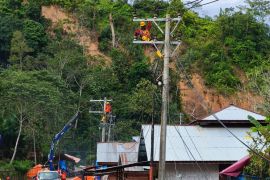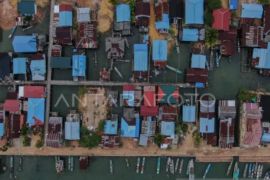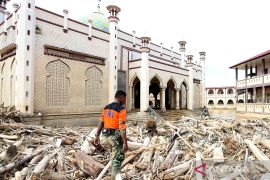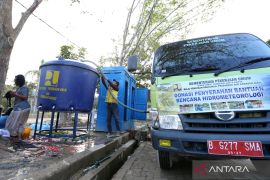There is no treatment and no vaccine against Ebola, which is transmitted by close personal contact and, depending on the strain, kills up to 90 percent of those who contract the virus.
Joaquim Saweka, WHO`s representative in Uganda, said that although suspected Ebola infections emerged in early July in Kibale district, about 170 km (100 miles) west of the capital Kampala, the outbreak was not confirmed until Friday.
"There are a total of 20 people suspected to have contracted Ebola and 13 of them have died," Saweka said.
"A team of experts from the government, WHO and CDC (U.S. Centers for Disease Control) are in the field and following up on all suspected cases and those who got into contact with patients."
Saweka said the origin of the outbreak had not yet been confirmed, but 18 of the 20 cases are understood to be linked to one family.
Kibale is near the Democratic Republic of Congo (DRC) where the virus emerged in 1976, taking its name from the Ebola River.
The symptoms include sudden onset of fever, intense weakness, muscle pain, headache and sore throat, followed by vomiting, diarrhoea, rashes, impaired kidney and liver function and both internal and external bleeding.
Ebola was last reported in Uganda in May last year when it killed a 12-year-old girl. The country`s most devastating outbreak was in 2000 when 425 people were infected, more than half of whom died. (AK)
Editor: Kunto Wibisono
Copyright © ANTARA 2012











